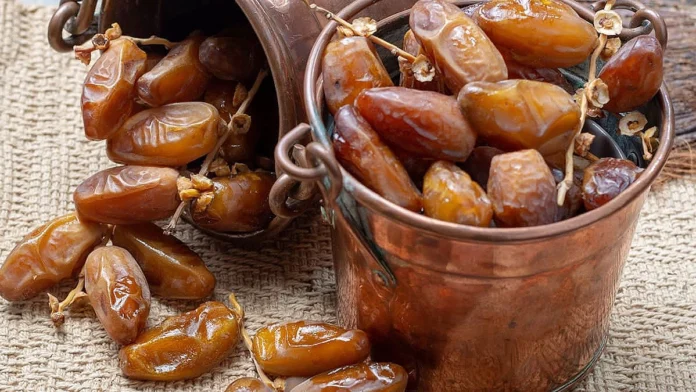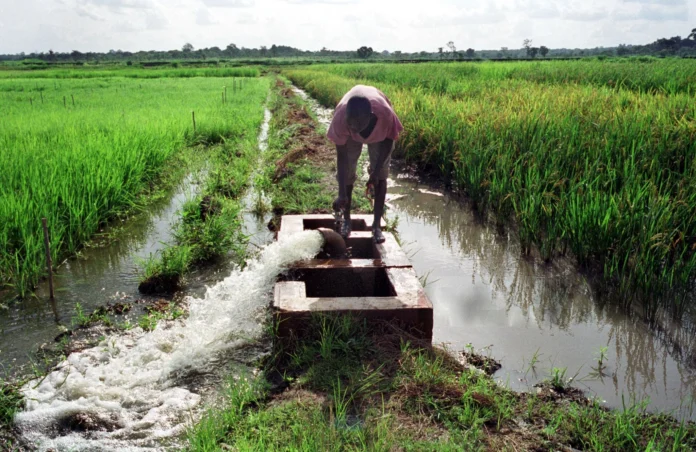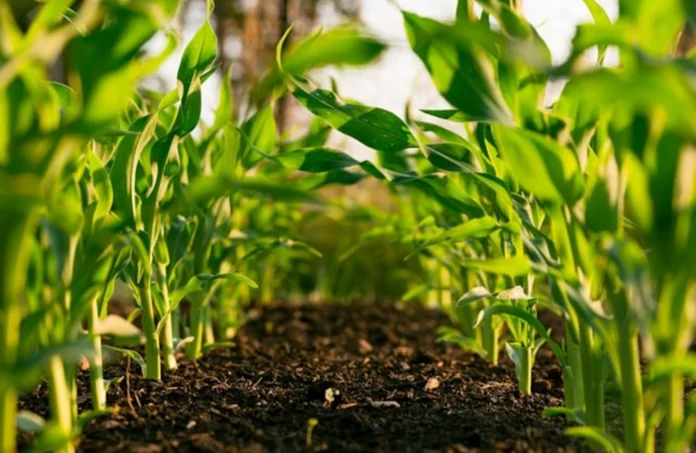Arabfields, Mira Sabah, Special Economic Correspondent, Nairobi, Kenya — In a bold step toward transforming its tea industry, Kenya is actively pursuing the possibility of obtaining Geographical Indication (GI) status for its world-renowned tea. This initiative, announced through a statement by the Tea Board of Kenya (TBK) on November 14, 2025, involves a comprehensive feasibility study aimed at highlighting the unique qualities of tea from specific production zones. Supported by international expertise and funding, the effort underscores Kenya’s ambition to shift from being a high-volume exporter of commodity tea to a producer of premium, origin-branded products that command higher prices on the global stage.
Geographical Indications are a form of intellectual property protection granted to products whose quality, reputation, or characteristics are essentially linked to their geographical origin. Iconic examples include Champagne from France, Darjeeling tea from India, or Roquefort cheese, products that benefit from legal safeguards against imitation and a premium pricing power derived from their authenticated provenance.
For Kenya, a GI could mean protecting and promoting the distinct flavors, aromas, and qualities of tea grown in regions such as Kericho, Nandi, or the Nyeri highlands, where factors like altitude, soil composition, rainfall patterns, and traditional farming practices contribute to a unique profile. The ongoing study, conducted by experts from the French agricultural research center CIRAD, is supported by the French Development Agency (AFD) and the French Embassy in Kenya. This collaboration highlights the growing international interest in elevating African agricultural products through origin-based strategies.
The study goes beyond GI alone; it is also evaluating the registration of a Collective Trademark for Kenyan tea. Unlike a GI, which requires a demonstrable link between the product and its terroir (the environmental conditions of the growing area), a Collective Trademark is owned by an association (such as the TBK) and can be used by members adhering to defined standards, irrespective of strict geographical ties. This dual approach provides flexibility: a GI for hyper-specific regional teas and a broader trademark for the “Kenyan Tea” brand as a whole.
Kenya is undisputedly one of the giants in global tea production and export. In 2024, the country shipped an impressive 625,558 tons of tea abroad, a volume that dwarfed its closest competitors. For context, this was 67% higher than China’s exports of 374,118 tons and more than double Sri Lanka’s 243,168 tons. Yet, despite this dominance in quantity, Kenya’s earnings tell a different story: just $1.4 billion in revenue, nearly on par with Sri Lanka and only marginally below China’s $1.41 billion.
This disparity stems from a structural issue in Kenya’s tea value chain. The majority of Kenyan tea is exported as unbranded, unpackaged black bulk tea, often sold at commodity auctions and destined for blending in lower-value markets. In contrast, competitors like China and Sri Lanka have carved out niches in specialty teas, such as orthodox leaf varieties, green teas, or flavored options, that are packaged, branded, and marketed directly to premium consumers in Europe, North America, and emerging markets. These value-added products fetch significantly higher prices per kilogram, allowing smaller export volumes to generate comparable or even superior revenues.
The reliance on bulk exports leaves Kenyan farmers and the broader economy vulnerable to price volatility on international commodity markets. Fluctuations in global supply, weather events, or shifts in buyer preferences can erode earnings, even as production remains robust. Moreover, without strong branding or protection, Kenyan tea risks being blended anonymously into generic products, diluting its reputation for high-quality, bright, and brisk black tea.
If the feasibility study yields positive results, implementing a GI or Collective Trademark could revolutionize Kenya’s tea industry in several ways. First, premium pricing and market differentiation: a protected designation would allow Kenyan tea to be marketed as a distinct, high-quality origin product. Consumers increasingly seek authenticity and traceability, trends that have boosted sales of GI-protected items worldwide. This could translate to higher farm-gate prices for smallholder farmers, who produce over 60% of Kenya’s tea.
Second, value addition across the supply chain: GIs encourage investment in processing, packaging, and branding within the country of origin. Rather than exporting raw bulk, more tea could be value-added locally, creating jobs in sorting, blending, and packaging facilities.
Third, protection against imitation: legal safeguards would prevent misuse of terms like “Kenyan-style” tea by producers elsewhere, preserving the integrity of the product and building long-term consumer loyalty.
Fourth, enhanced competitiveness: by positioning Kenyan tea alongside celebrated origins like Assam (India) or Uji (Japan), the country could target high-end retailers, specialty stores, and direct-to-consumer channels, reducing dependence on volatile auction systems.
The TBK emphasizes that the study will meticulously analyze the tea value chain, identify distinctive regional attributes, and develop origin-based marketing strategies. This holistic approach ensures that any GI or trademark is grounded in science and economics, maximizing its chances of success.
Kenya’s pursuit of GI status is part of a wider trend across Africa, where countries are leveraging intellectual property tools to unlock greater value from their agricultural heritage. Successful precedents include Ethiopia’s fine coffees (Yirgacheffe, Sidamo, and Harrar, which secured trademarks in the early 2000s), Morocco’s Argan oil, and South Africa’s Rooibos tea, all of which have seen price premiums and increased farmer incomes following protection.
For Kenya, success could inspire similar efforts in other sectors, such as coffee, avocados, or macadamia nuts. It also aligns with national goals under Vision 2030 and the African Continental Free Trade Area (AfCFTA), promoting intra-African trade and value-added exports.
While the potential is immense, challenges remain. Establishing a GI requires consensus among stakeholders, farmers, processors, exporters, and regulators, to define strict production codes and enforcement mechanisms. The process can be lengthy and costly, involving national legislation and international registration (e.g., via the Lisbon Agreement or EU systems for third-country GIs).
Additionally, climate change poses risks to the unique terroirs that a GI would seek to protect, necessitating sustainable farming practices. Partnerships like the one with CIRAD and AFD could provide technical support in these areas.
As the feasibility study progresses, the global tea community will watch closely. A successful GI for Kenyan tea would not only boost revenues, potentially closing the gap with competitors despite lower volumes, but also affirm Africa’s place in the premium segments of international agrifood markets. For a nation where tea supports millions of livelihoods and contributes significantly to foreign exchange, this could mark the beginning of a new era: from quantity leader to quality champion.
The ultimate aim is clear, to position Kenyan tea as a premium product that reflects its exceptional origins and rewards those who cultivate it. If realized, this initiative could brew a brighter future for one of Africa’s most vital industries.












